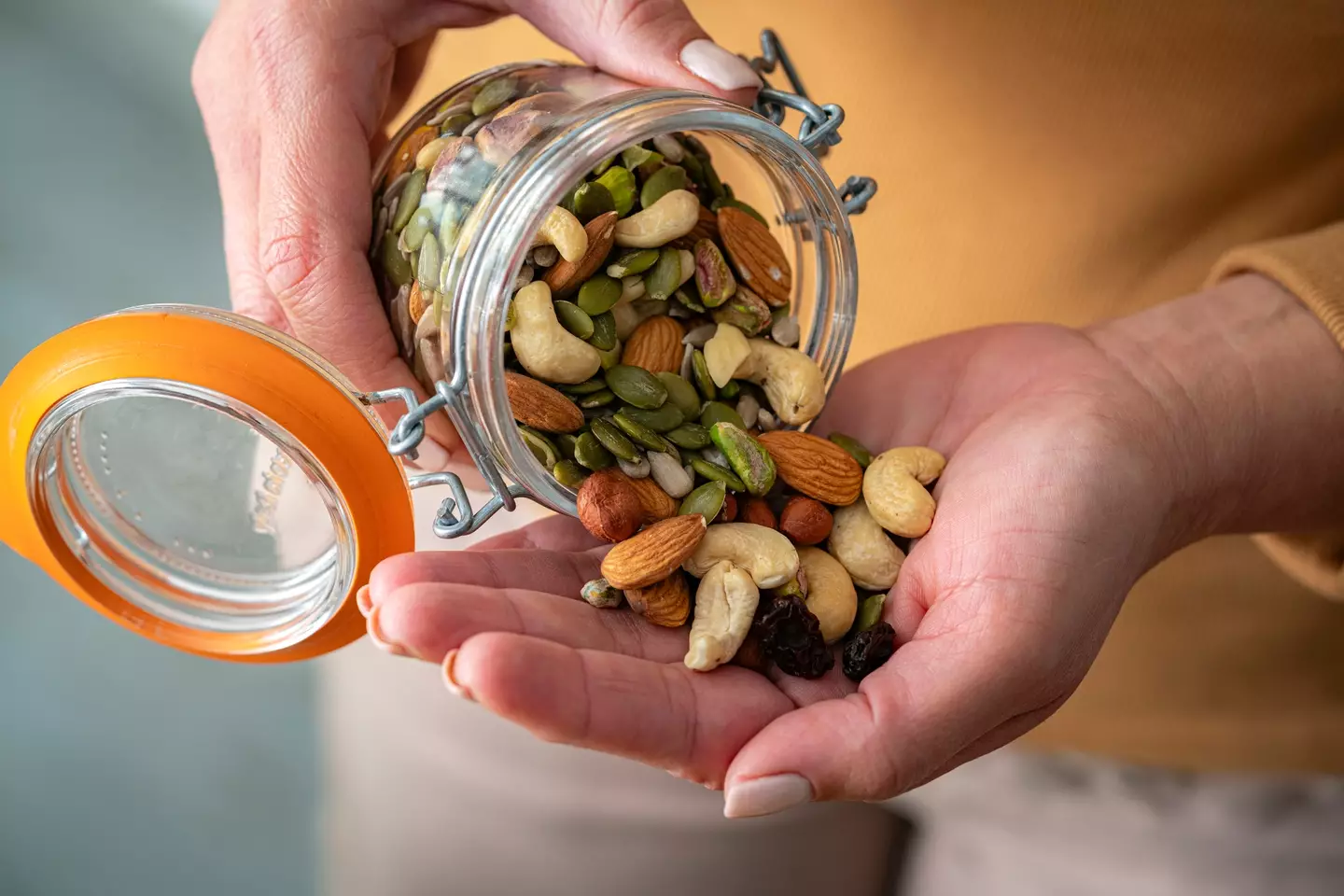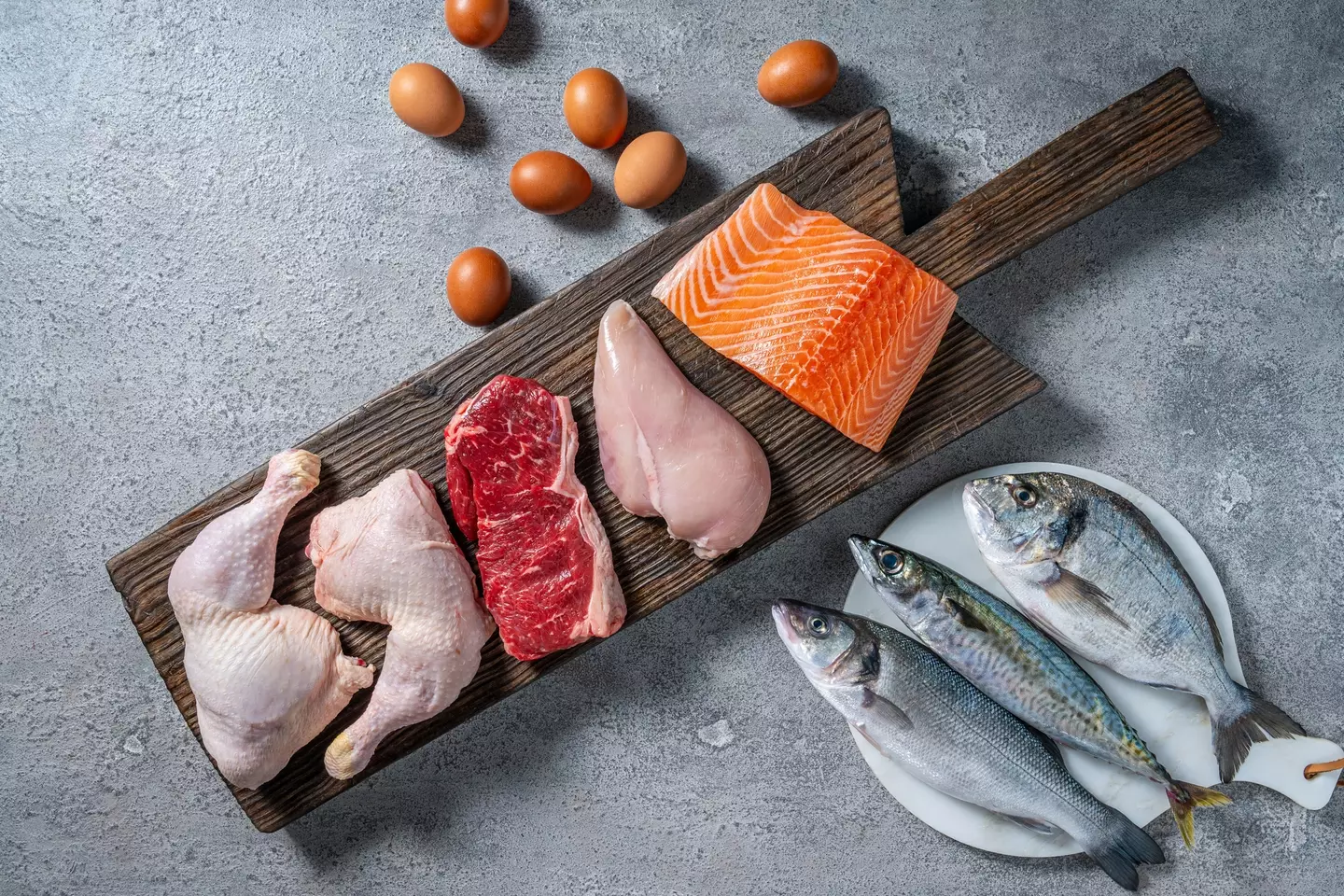
More and more people are taking to the gym these days, with around 11.5 million people in the UK holding a gym membership in 2025.
With that increased interest in fitness comes greater awareness of what it takes to pack on the muscle. It takes a lot of hard work, consistency, careful planning and determination. Oh, and a lot of protein.
Estimates for ideal protein intake vary, with a common estimate being 1.2g to 2.2g of protein per kilo of bodyweight per day. If you weigh 70kg and you’re trying to build muscle, that could mean anything from 84g to 154g per day.

Advert
Considering a chicken breast contains about 40g of protein, you can already see that those figures can be tricky to reach consistently if you aren’t keen on adopting a regimented meal prep approach to your diet.
If you aren’t looking to build muscle, you still need protein to help your body repair itself and recover. The British Heart Foundation reckons a daily intake of 0.75g per kilo of bodyweight is about right for maintenance, equating to 52.5g per day for someone at 70kg.
Now, if you’re focused on a high-protein diet, there are some things you need to be mindful of besides finding ways to top up your daily intake.
For one, a high intake puts strain on your body in various ways. Your kidneys have to work harder to flush out all the urea generated from protein’s digestion, and your liver has to work harder to clear out toxins like ammonia which also come from protein consumption.
You might also get bad breath from it, increased strain on your heart, dehydration issues, and gastrointestinal discomfort.
All of these things can be mitigated by making other gentle changes to your diet, and there are four tips in particular from Harvard Health that you might want to pay attention to.
First up, check with your doctor for any underlying health conditions that might make a high-protein diet risky. Existing heart, kidney, or liver issues can be exacerbated by high protein intake, so it’s worth ruling those out.
Second, Harvard Health recommends sourcing your protein from healthy sources where possible. Forgo the protein bars and shakes for low-fat dairy products, nuts, beans, chicken and turkey, and you should save yourself some calories and additives that you might not want. Highly-processed options might help you reach your intake goals, but they could be doing some harm too.
Thirdly, spread your protein intake throughout the day rather than bunging it all in at once. This will help your body to digest the protein in more manageable amounts, and it will keep your internal protein levels high as you go about your day.

Finally, Harvard Health recommends integrating your high protein intake into a balanced and healthy diet that includes plenty of fruit, veg and fibre. The Mediterranean and DASH diets come particularly highly-recommended.
Also, be sure to drink plenty of water alongside an increase fibre and protein intake. If you don’t, you might find yourself struggling to flush all that stuff back out when you’re done with it.
